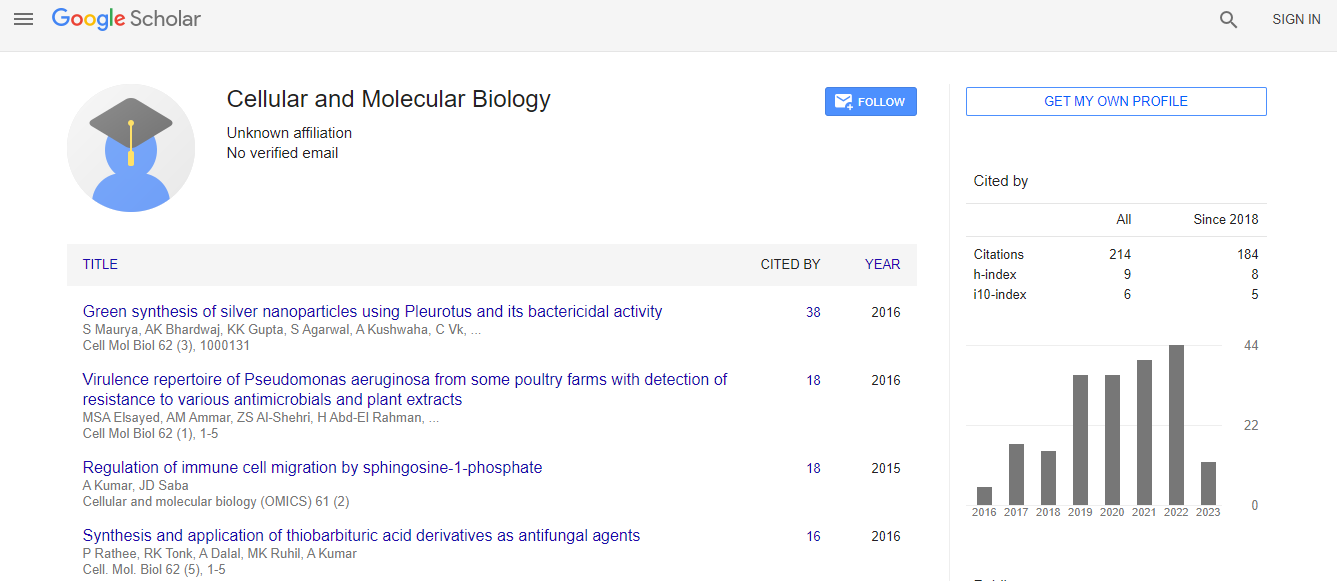Perspective Article
Cord Blood Banking: An Indian Perspective
Abstract
Cord blood transplantation offers several significant advantages over bone marrow transplantation such as reduced graft versus host diseases and low vulnerability of rejection if human leukocyte antigen (HLA) is mismatched. However, the probability of a successful engraftment is reduced in case of cord blood transplantation since the volume of haematopoietic stem cells isolated from cord blood is insufficient for adults. Perceiving the clinical potential of cord blood many public and private banks sprouted up in different parts of the world to store this biological entity for future use. While public blood banks use the stored blood for the benefits of common people, the private enterprises are set up for autologous applications. The hike in the number of private banks is however questioned since various data have suggested that cord blood transplantation has been insignificant for autologous use and making money out of people’s anxiety and incognizance is not only unethical but also treacherous. In this review we will discuss the basics of cord blood transplantation and the perspective of stem cell research in developing nations like India.

 Spanish
Spanish  Chinese
Chinese  Russian
Russian  German
German  French
French  Japanese
Japanese  Portuguese
Portuguese  Hindi
Hindi 
